Early Christians believed the Old Testament was Scripture, but did they believe the New Testament was too? And did the New Testament writers believe they were writing Scripture?


Early Christians believed the Old Testament was Scripture, but did they believe the New Testament was too? And did the New Testament writers believe they were writing Scripture?

Modern translations are excellent. But they have at least one downside we need to be aware of in order to get the most we can out of God’s word.

Paul seems to say that something can be right for one person and wrong for another. Is this true? And how does this apply to modern conversations around drinking and Christian liberty?

Is the Bible the result of man’s choices or God’s creation? Who created the canon of Scripture?
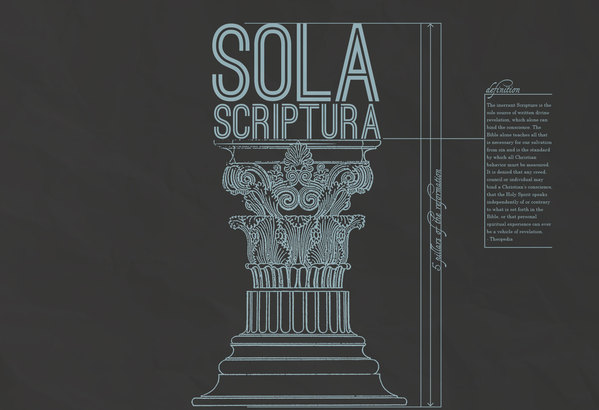
The concerns of the Reformation from 500 years ago are still concerns today. We need to be able to defend the primacy of the authority of Scripture over all other authorities.

We look at Jesus’ view of scripture and 5 lines of supporting evidence for the trustworthyness of scripture.
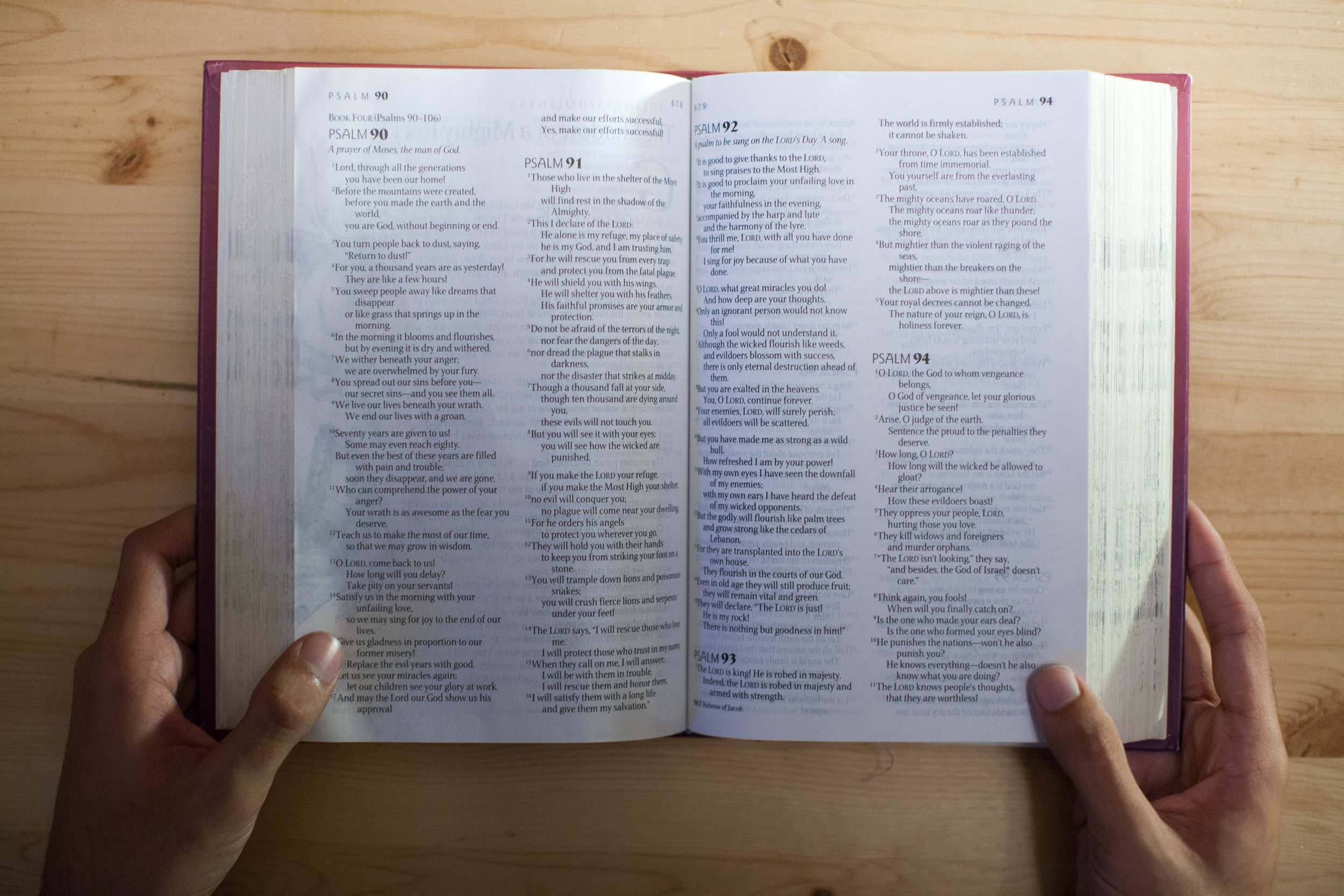
Surprisingly, many people trust Jesus for salvation, but reject his viewd of the scriptures. Find out what those views are on this episode.
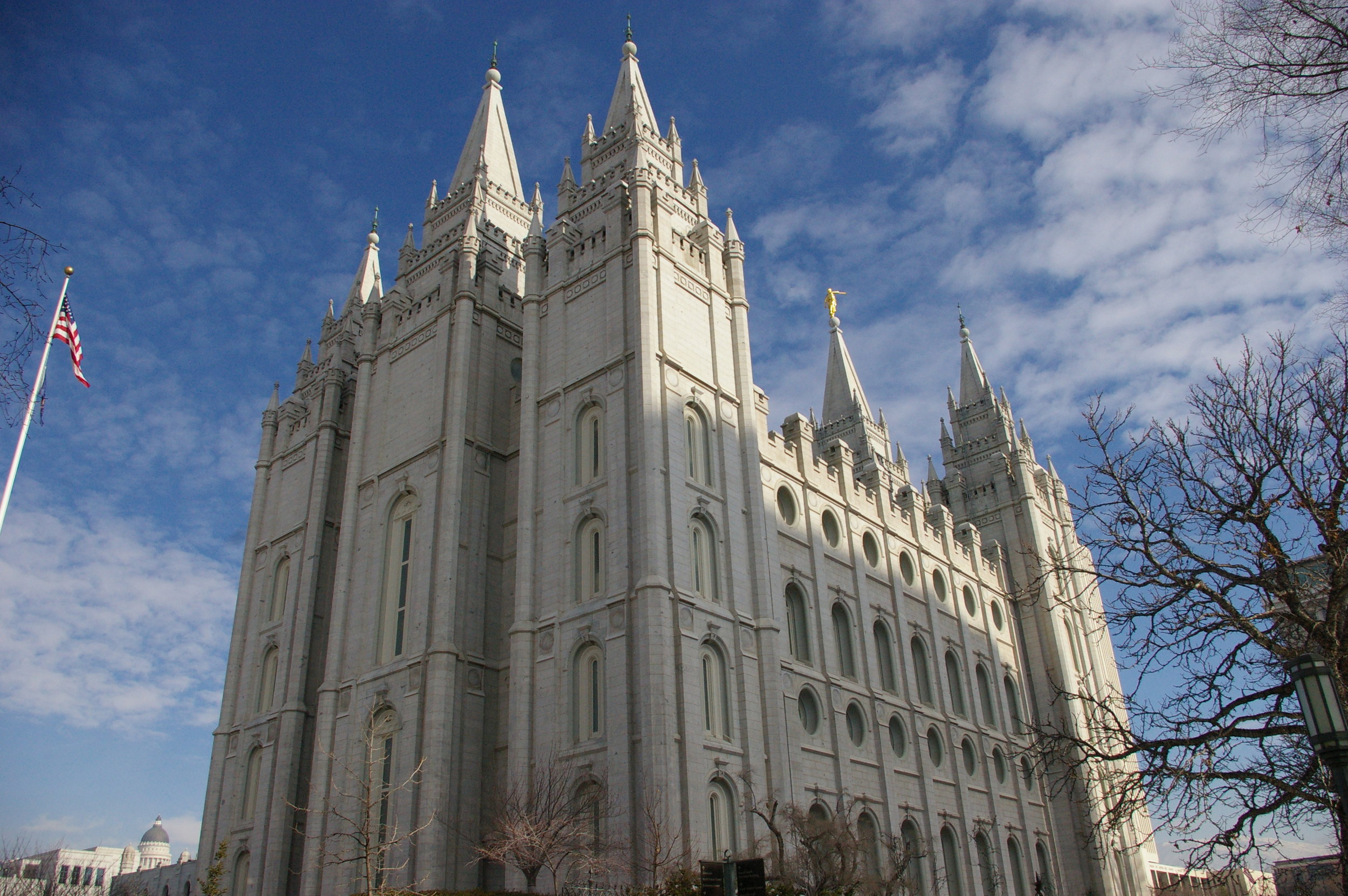
We look at some tactics to keep in mind when discussing God and Christianity with Mormons.
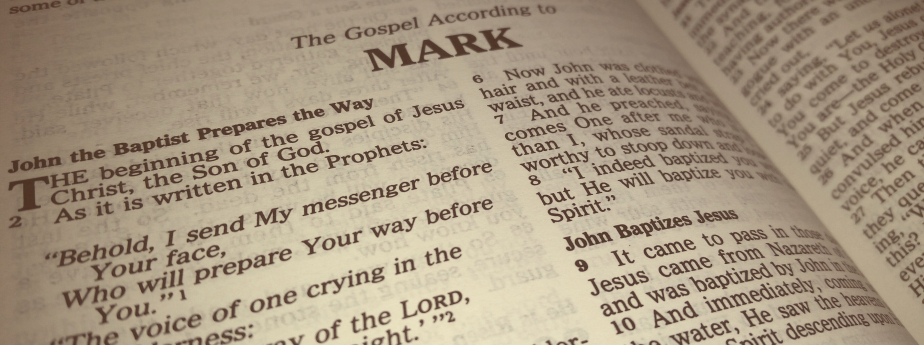
The Gospels are unique, and in order to read them well and not create problems where none exist, we need to know what they are!
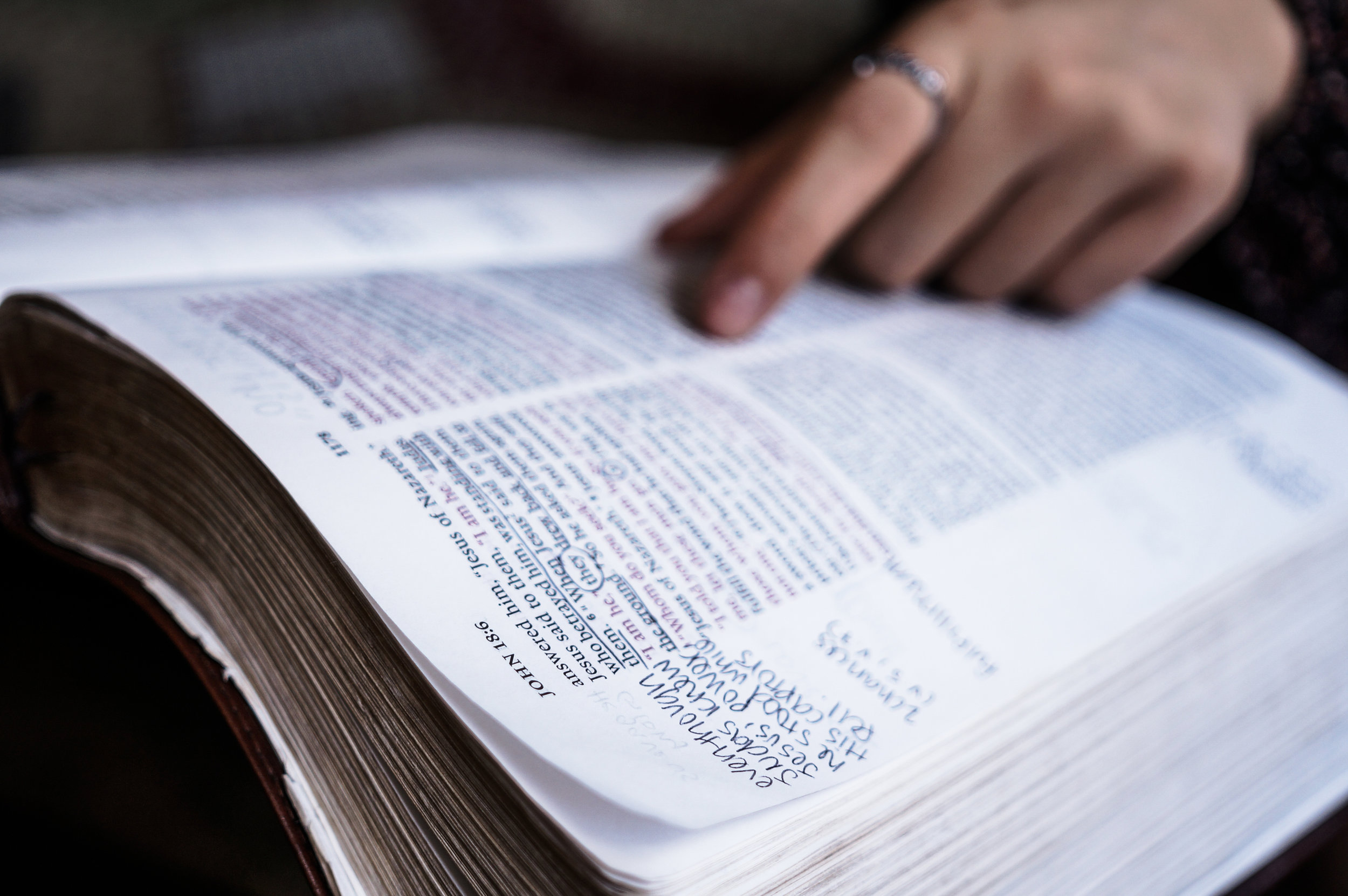
How trustworthy are our modern translations and the process used to create them?